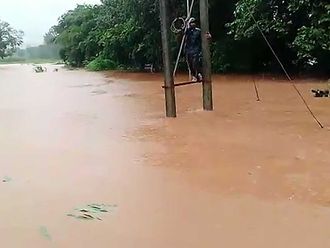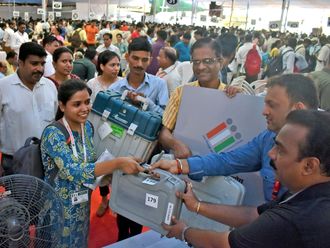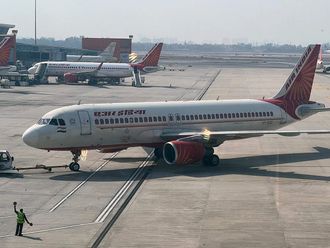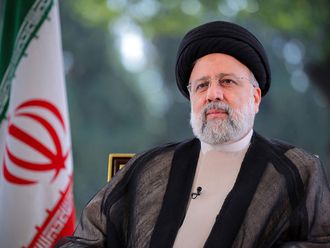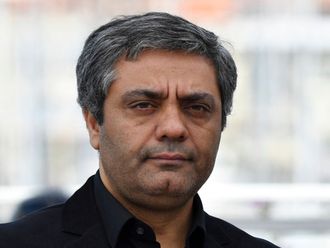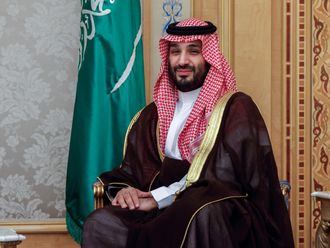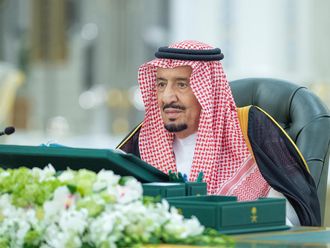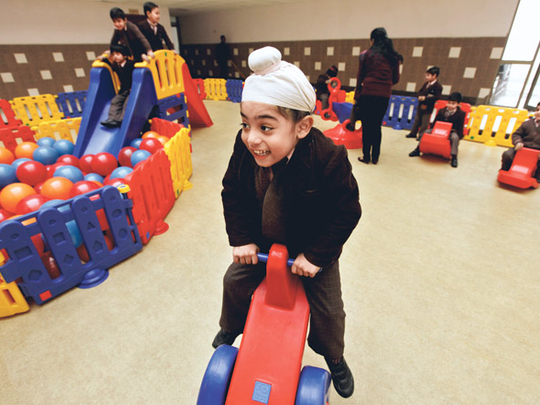
New Delhi: The nursery scramble is on.
Tens of thousands of parents across New Delhi are taking off work to complete applications, paying poorly disguised bribes to school officials and obsessively checking websites in a desperate bid to win spots in good, private schools for their three-year-olds.
"It really makes you nervous," said police officer Madan Mohan, who was waiting to hear if his daughter, Esha, made it past the first round of cuts at one of the five schools she applied to. "We have no choice."
Private education in New Delhi, like its counterparts in New York or London, was once a luxury reserved for India's upper class. But with government-run schools largely in a shambles and the rapidly growing Indian middle class suddenly flush with cash, the demand for private schools has exploded.
The problem is growing in cities across the country, but it is particularly acute in the crowded capital. About 1.4 million pupils in New Delhi alone attend 1,900 private schools, which generally run from nursery through high school. The government runs another 3,000 schools.
Each January, parents race to get their tots' tiny feet in the doors of one of the city's 250 elite schools.
Many schools receive four applications for every slot. One well-known school, Air Force Bal Bharati, received 1,600 applications for 85 places, according to the principal, Anand Swaroop.
New rules
A court-appointed commission led by Ashok Ganguly, former head of the Central Board of Education, which oversees thousands of public and private schools across the country, set down new rules for New Delhi schools that banned child interviews, allowed schools to charge only nominal fees and demanded schools be more transparent in how they choose students.
It set a calendar for applications pick up forms in December, submit them in January and find out results in February. It mandated a 100-point system for acceptance, with children getting credit for their parents' education level, how close they live to a school and whether they have a sibling already enrolled. Schools still have discretion to award bonus points for other factors, which they are supposed to make public but often do not.
The application process remains so fraught it has spawned at least three websites, with more than 40,000 members.
Pankaj Walecha, a 33-year-old doctor, applied to 13 schools to guarantee that his son, Kabir, would get in somewhere. Sireesh Bansal, a 43-year-old government employee, applied to 45 schools for his son, taking 15 days off work to collect and fill out all the applications.
Rajan Arora, who started the website NurseryAdmissions.com after fighting to get his son into school, says the process is as stressful for parents as childbirth. "This is the craziest period of their lives," he said.
With demand for quality education surging in recent years, new and lavish schools have opened across the city, some charging as much as Rs100,000 (about $2,200) a year, a huge sum here that dwarfs the cost of college and is about four times the country's average annual income.
Outside Sardar Patel Vidyalaya, one of New Delhi's most renowned private schools, parents waited for hours in the evening cold for officials to post the list of those who made it to the interview stage.
Simin Jaffry, a 39-year-old psychologist who applied to 10 schools for her son, did not make the cut.
She is frustrated, but "slightly hopeful" her son still might get accepted somewhere. If not, she might have to seek out an influential politician for help. Or, if things look really grim, she could be forced to turn to an old acquaintance who called a few weeks ago offering to get her son into a top nursery school for a commission of Rs400,000 (Dh31,900). "I'm just keeping my fingers crossed," she said.
- 1.4m pupils in private schools in New Delhi
- 1,900 private schools in India's capital
- 3,000 government-run schools in the city


